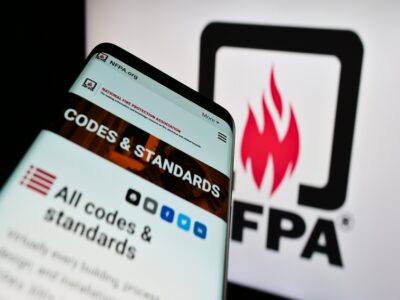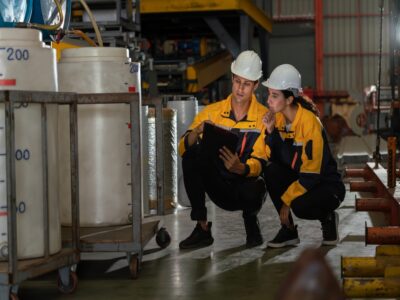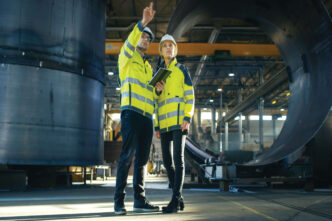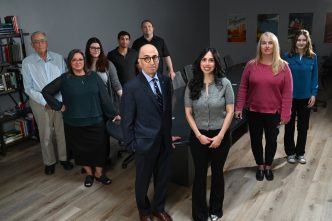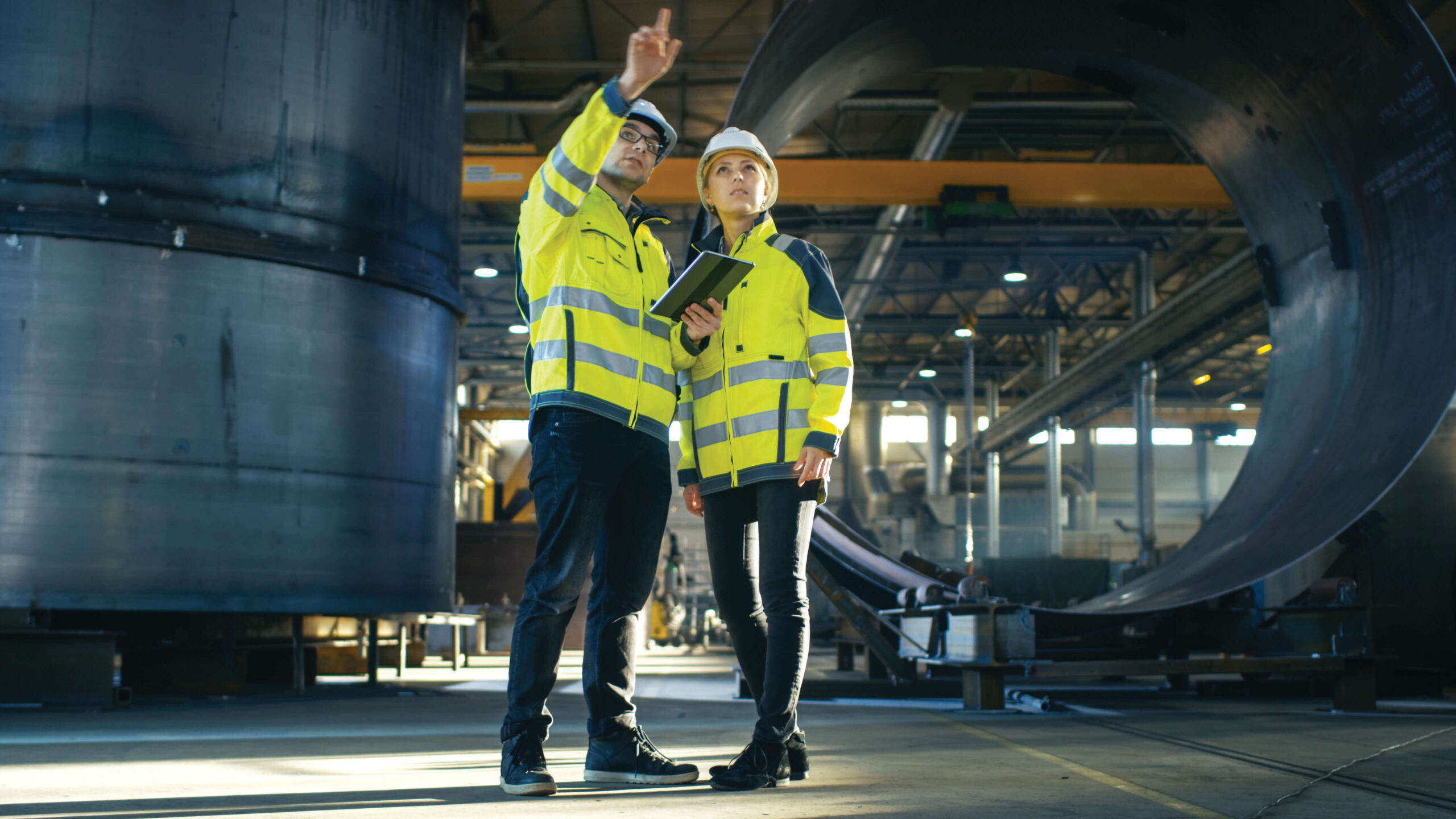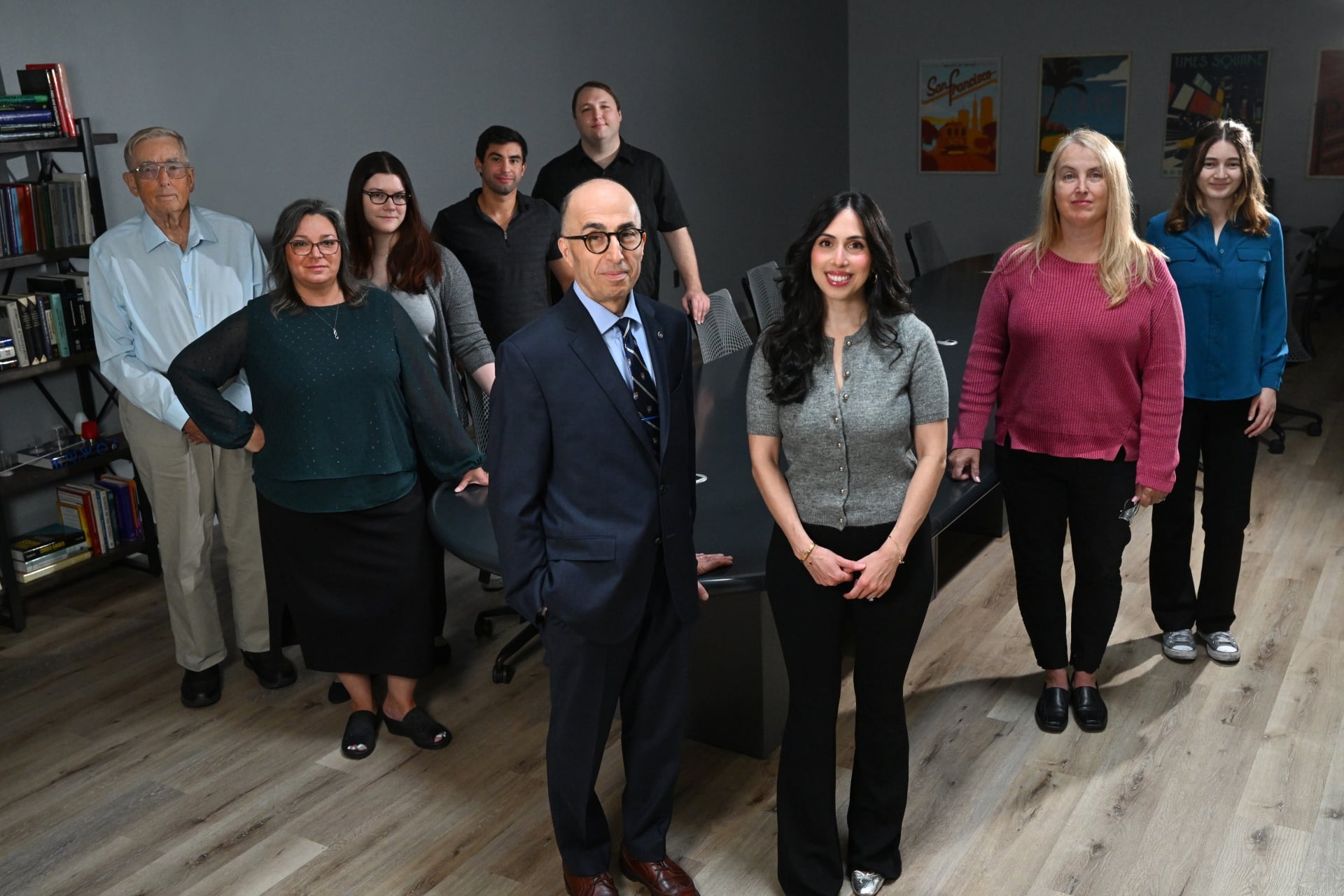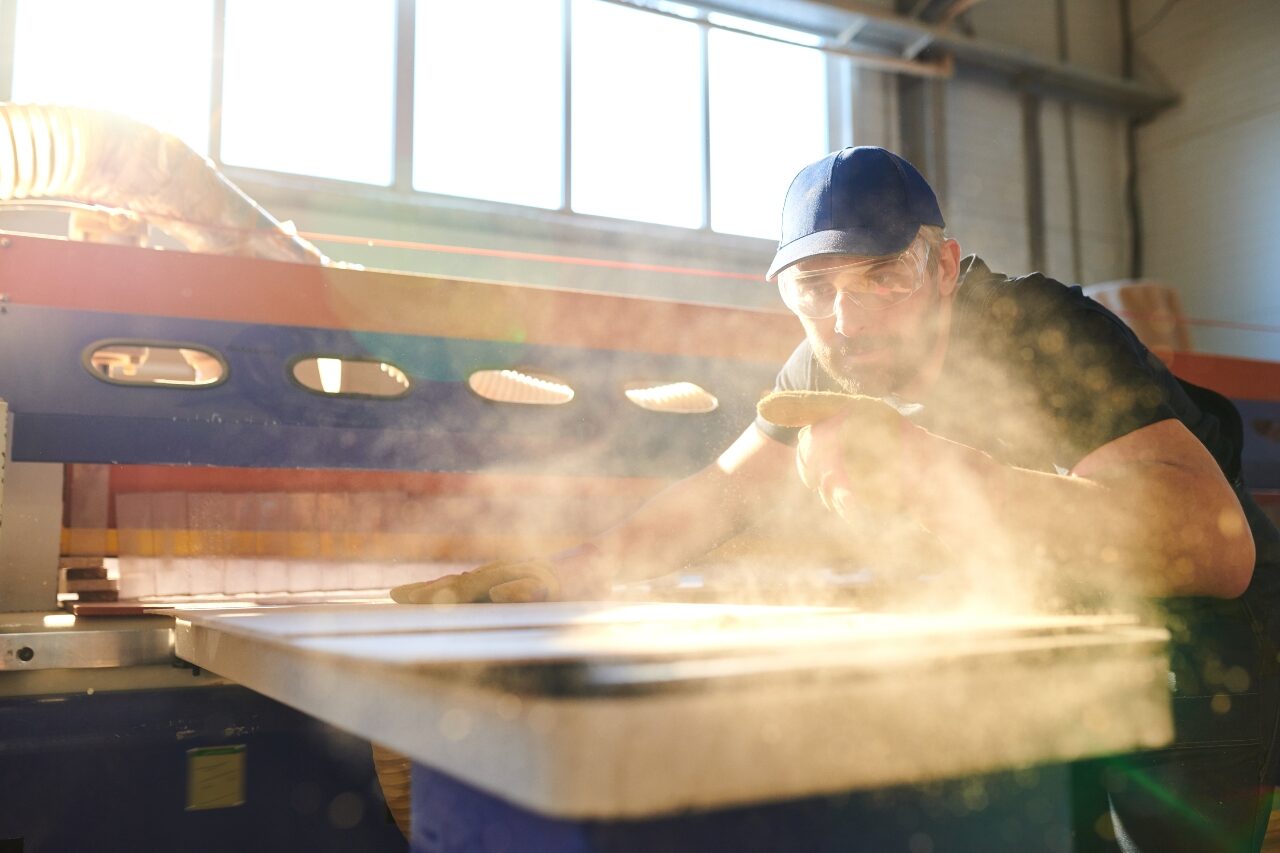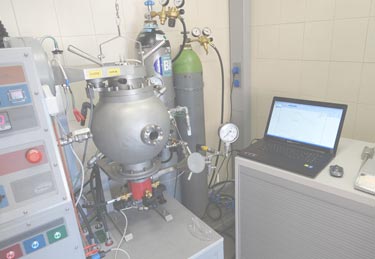Search
Do your own Dust Hazard Analysis (DHA)? and How to find a competent DHA Consultant
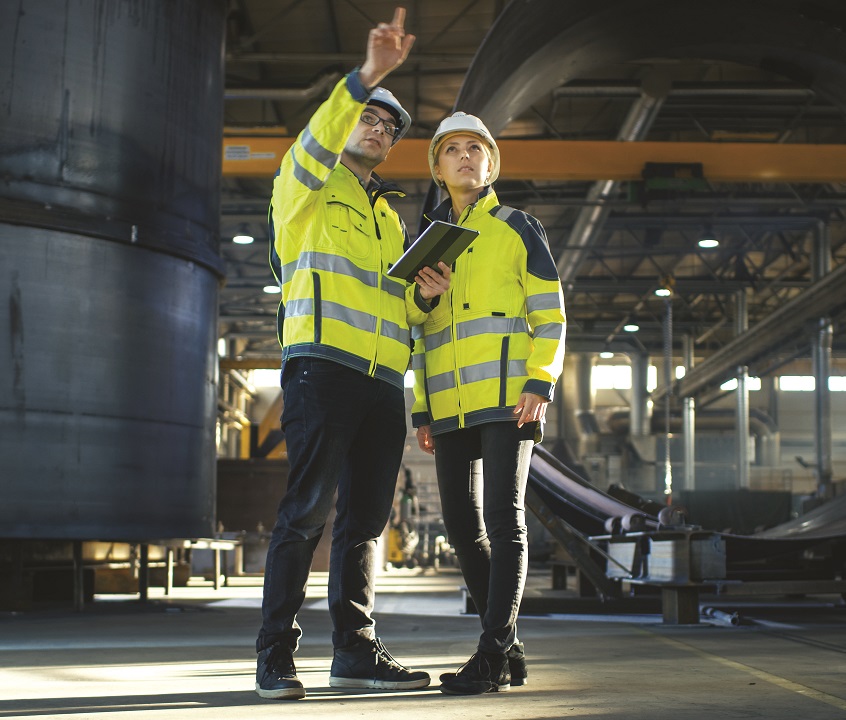
I think we all know very well by now that, according to NFPA 652, the owner/operator of a facility handling potentially combustible dust is responsible for:
- Determining the combustibility and explosibility hazards of materials handled/processed
- Identifying and assessing fire, flash fire, and explosion hazards
- Managing the identified fire, flash fire, and explosion hazards, and
- Establish written safety management programs
At the center of all of this is the requirement to perform a Dust Hazards Analysis (DHA) – A DHA is a systematic review to identify and evaluate the potential fire, flash fire, and explosion hazards associated with the presence of combustible particulate solids in your facility. But how do you comply with this? Should it be performed internally, by you or by one of your own staff; or should you go looking for ‘an expert’ to come in and do the DHA for you?
You will not be surprised to hear that at Stonehouse, as specialists in dust explosion prevention and protection, we speak to many companies who are grappling with these questions. We thought you might like to hear the arguments, for and against the DIY approach. We also present some of the points you may wish to consider if you decide to search for and appoint a DHA ‘expert’.
How to do your own DHA?
Keeping it ‘in-house’: Want to do the DHA yourself?
NFPA 652 is very clear in section 7.2.2:
“The DHA shall be performed or led by a qualified person.“
So, who is this ‘qualified’ person? and how do you become qualified? These are not straightforward questions to answer since there is no regulated, specialist qualification for DHA leaders. In selecting an internal staff member to perform your DHA, perhaps you can begin by looking for professional qualifications:
Professional qualifications can be a guide to how focused a staff member (or consultant) has been in their quest to become a safety professional. So, PE, CSP, CCPSC, CFEI, or equivalent will help, but there are many engineers out there with these qualifications who would never dream of taking on a combustible dust explosion project. That is because the science of dust explosions is a very specialist area. Students with science or chemical engineering training will rarely enter the workplace with dust explosion training, and the qualifications mentioned above do not specifically feature dust explosion work.
We asked Dr. Vahid Ebadat, CEO of Stonehouse Process Safety, how he believes DHA/dust explosion specialists can be home grown. Dr. Ebadat is one of a few people globally whose Ph.D. was in the dust explosion/electrostatic hazards field and he has been training and developing specialist combustible dust explosion consultants for over 30 years.
“I have found that it takes about 2 years to develop a good combustible dust explosion specialist and that this has to be done through a mixture of study and practical, peer-guided, on-site experience. We also like to have our trainees spend some time in our dust explosion test lab to get a real feel for dust explosions. …. and we send them out with our experienced consultants to help them turn the theory into practical experience.“
Stonehouse, like a few other organizations, offer training for industrial clients on dust explosions and DHAs, which includes people who plan to perform their company’s DHA. As well as classroom training, we also offer a mentorship program whereby an organization wishing to develop their own in-house expertise can have access to a Stonehouse specialist as a mentor to support their professional development.
Spreading dust explosion understanding through your organization is also important. An awareness of the basics of dust explosions, their consequences, and the practical measures to protect against them is good for a wider group of staff to appreciate. Culture matters.
Home growing a dust explosion/DHA specialist is not for all organizations. The medium or smaller organizations will be unlikely to want to invest in the training of an employee whose work on dust explosions will be reduced after the DHA is complete. In any case, any one person you train will likely want to develop their career and move upwards or onwards; your investment is quickly lost. For the larger companies, developing specialism internally is probably best done through a combination of reading and formal training. But this also needs the input of practical experience. This can be accomplished through a mentorship arrangement or even by collaboration with other facilities where dust explosion expertise already exists.
How do you find a competent DHA consultant?
First some background: After the publication of NFPA 652, a business opportunity presented itself to support companies needing to undertake Dust Hazard Analysis. Dust explosion science is a complex subject and it was foreseen that there would be a market demand created for ‘experts’ to undertake DHA’s. The number of consultants offering this service mushroomed – some more competent than others!
DHA consultants can perhaps be classified as:
- Those handful of experienced process safety organizations that were already heavily involved in dust explosion prevention and protection studies before NFPA 652 came along,
- Those generalist safety contractors that took on extra staff to ‘diversify’ into this potentially lucrative new market, and
- Individuals with general safety skills who believed they could make a living out of this new opportunity, and
Perhaps it is not too surprising that the experiences of organizations that have hired DHA consultants have been mixed. While there are plenty of examples of individual contractors who have done a good job, there are equally plenty of examples of those that have not. Dr. Paul Cartwright, Chairman of Stonehouse says “We have been engaged a number of times to re-do DHA’s previously undertaken by inexperienced contractors. Sometimes the DHA’s had missed something important which the inexperience eye has failed to spot – but other times the recommendations in the DHA were simply way over-the-top”.
It is clear that if a DHA misses something – an electrostatic ignition source, incorrect housekeeping practices, need for explosion isolation, for example, then the dust explosion danger is not safely addressed. It is also apparent that an inexperienced assessor could easily make recommendations that would be considered ‘over the top’.
The consequences of inexperience could therefore be:
- Companies operating with a false sense of security, believing that their facility is safe yet still putting lives and their business at risk, or
- Expenditure on unnecessary safety measures, perhaps leading to diverted safety budget that could have been better spent elsewhere – or putting their company at competitive disadvantage.
Of course, experience generally comes at a price, but it doesn’t always follow that the higher the price, the better the service. Afterall, the lone contractor will have low overheads but can charge a high price too, making hay whilst the sun shines!
Perhaps the best approach for the company wishing to find a competent contractor to undertake their DHA is to address the following questions:
- Do you see a resume containing many tens of dust explosion hazard studies, ideally going back 5 or 10 years? Experience really does matter; the more the better.
- Does the consultant have several colleagues? Peer-to-peer learning and support adds a wealth of experience to any dust explosion project – and permits peer review of all work before it leaves the consultant’s office.
- Does your chosen contractor have a DHA lab? A DHA will often generate the need for some dust explosion data to complete the study. The consultant coming from an organization that has a dust explosion test laboratory should be able to efficiently include the test results and their interpretation in their DHA report.
- Does the consultant’s organization have professional indemnity insurance?
- Could the consultant/his organization have any conflicts of interest. That doesn’t mean to say that a consultant that is working for an organization that sells explosion protection equipment will try to sell you that equipment and take advantage of the situation. It does mean that his interests should be clearly declared and that the company hiring the consultant is aware of the potential conflict.
Conclusion
The decisions as to whether to go it alone, doing your own DHA, or engaging a specialist is not a straightforward one. The largest organizations may indeed have internal dust explosion specialists amongst their staff. For most other organizations, the cost of training up internal staff and problems of validation – quality control – of the DHA is challenging. Whatever you decide, Stonehouse Process Safety can support your organization through the provision of a specialist DHA assessor or through support/training/mentoring of your internal staff.
We look forward to hearing from you if you would like to discuss the options further. You may contact us on 609-455-0001 or email us at [email protected].
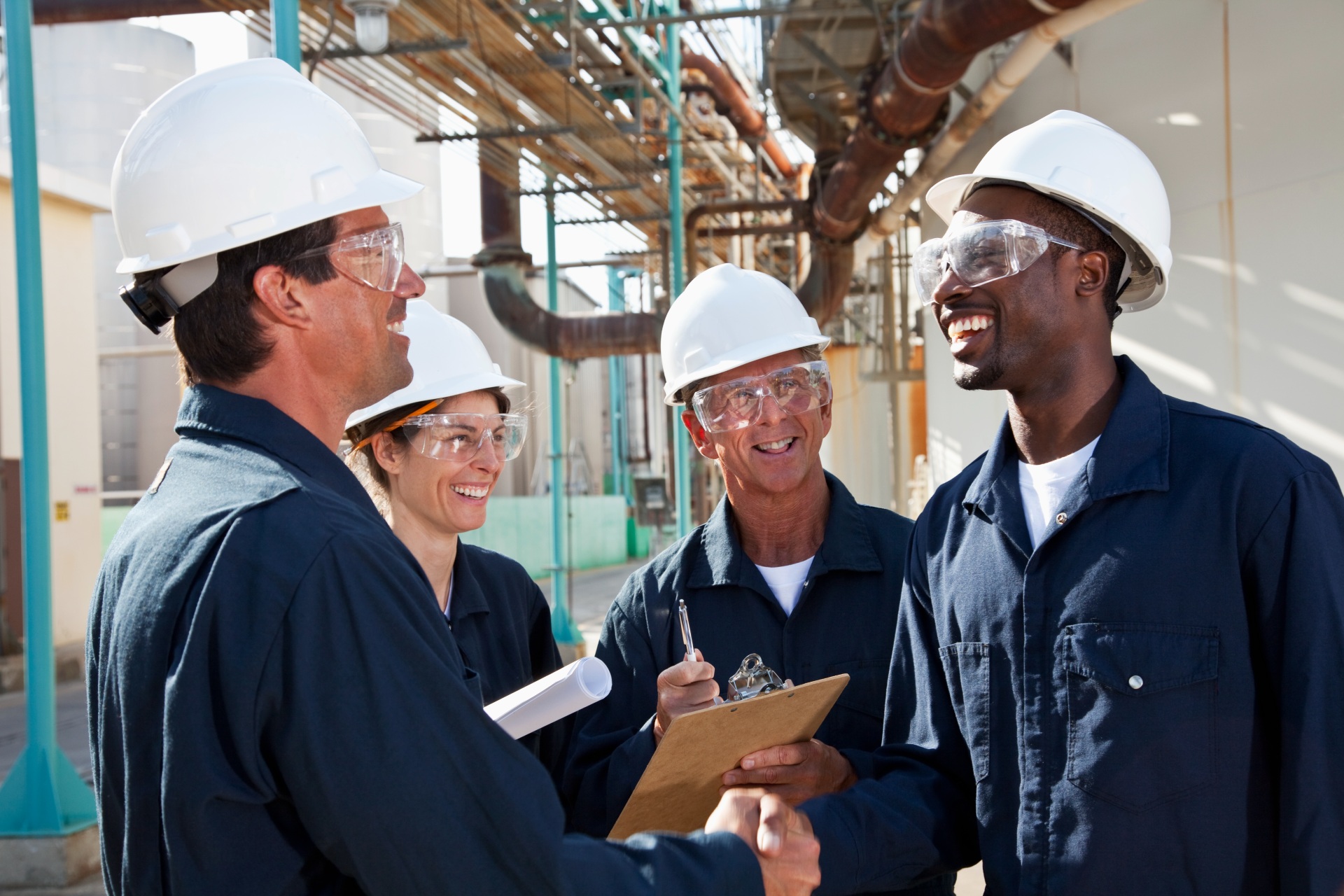
Get in touch
To learn more about our expertise and services in dust explosion prevention & mitigation, call us at +1 609 455 0001 or email us at [email protected] today.
We also offer tailored virtual and in-company process safety training programs on Dust Explosions, Static Electricity and HAC (Hazardous Area Classification) and more. Find further information here.
